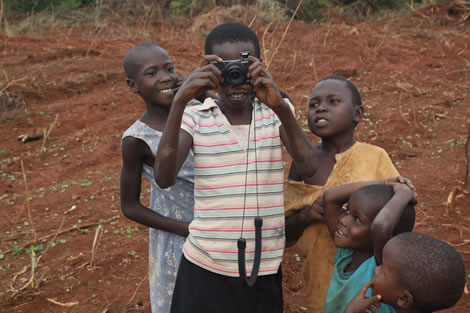Planning Your Trip
So the time has come where you must start preparing for your trip. Below you will find helpful information about planning your trip, what you should expect and what to bring.
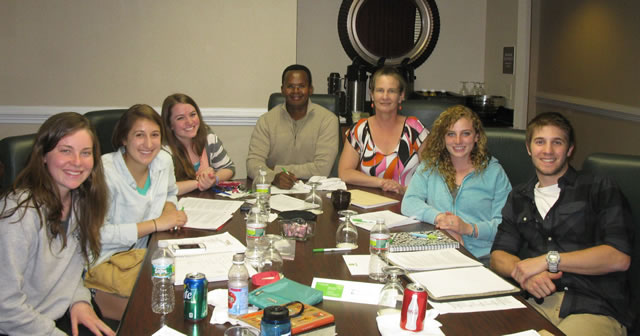
Travel
Searching for Flights
There are several travel agents that offer missionary rates, which can sometimes be cheaper or allow you to bring more bags. The most popular ones are Fellowship Travel International and Ministry Travel. You can also look into Expedia, Cheaptickets, Orbitz and Kayak.
British Airways, Northwest/KLM, Brussels, Delta, Emirates, Virgin Atlantic and Kenya Airways are the major airlines that fly into Uganda and Kenya.
If you are going to Uganda then you will fly into Entebbe International Airport (EBB). If you are going to Kenya then you will fly into Jomo Kenyatta International Airport (NBO). We ask that MSTs try their best to fly in on a Monday.
Be sure to send your flight information to the Volunteer Coordinator you are working with as soon as you purchase your ticket.
An Empower a Child representative will pick you up from the airport and drive you to the guest house. They will have a sign with your name on it so you know who to look for.
Travel Insurance
Travel insurance is something that you should consider whenever you are going on an international trip. If you have good health insurance at home they will sometimes cover you for emergencies overseas, which is good for short-term mission trips. You will need to call your insurance company to see exactly what they will cover, who their preferred providers are in Uganda, and if you need any documents from them before you travel. You can also choose to use travel insurance companies. These sites let you compare different plans to see what works best for you: www.insuremytrip.com, www.travelguard.com.
Vaccinations & Malaria Medication
Getting vaccinations is essential before going to Africa. The Center for Disease Control (CDC) also has detailed information on their website about immunizations recommended for traveling. Yellow fever is the only shot required to enter East Africa.
The other following immunizations will usually be recommended:
- Hepatitis B (series of 3 injections over several months, plan ahead)
- Hepatitis A (series of 2 injections)
- Adult polio booster (once in lifetime)
- MMR (Measles, Mumps and Rubella – make sure it is up to date)
- Typhoid (oral dosages are easier to tolerate. You need a repeat immunization every 5 years)
- Tetanus (renew immunization every 10 years)
Your physician, a local health clinic or a travel clinic are usually set up to handle travel immunizations and medications. We recommend that you ask them if they are equipped to do so when you call to make an appointment. Another thing you need to consider is that insurance doesn’t always cover all of the vaccinations. Travel clinics also generally don’t accept insurance. Sometimes you can submit claims afterwards, but that does not mean you are guaranteed a refund.
To avoid malaria, you will need an adequate supply of anti-malaria tablets. Please consult your doctor as to which tablet to take as they know your medical history best and some tablets have side effects.
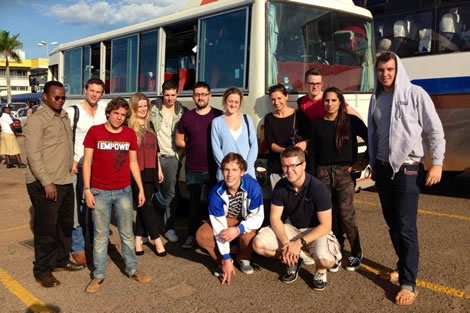
Money
Depending on how long you are going to be in East Africa, we recommend that you bring between $100 - $200. It is better to bring spending money as cash in large bills: $50 and $100 bills dated after the year 2005 (Exchange bureaux do not accept bills dated before the year 2005 but the exchange rate is better if they are dated after 2012)
Having extra cash will be very important for any tourist activities you’d like to participate in, e.g swimming, snacks bought in country, and meals outside the guesthouse. Having meals outside the guesthouse will be important if you begin to crave more westernized meals. You will also want to consider African crafts for yourself and as gifts for friends and family. Very nice crafts costs between $10 -$20 per item and small items can cost between $2 - $5. If you are coming for 3 months or more, it is best to withdraw your spending money out of an ATM. You will be charged foreign exchanges fees and other fees your bank may charge, so it is best to do this once a month.
Packing
Packing can be a challenging process if you have never traveled out of your country. We have a suggested packing list that we can send you, however we have found that everyone person is different. If you would like, we can get you in contact with a previous volunteer. They would be able to help guide you and make sure that you are fully prepared with all of the necessities. It is important to dress conservatively while you are serving with Empower a Child (nothing above the knees, etc.).
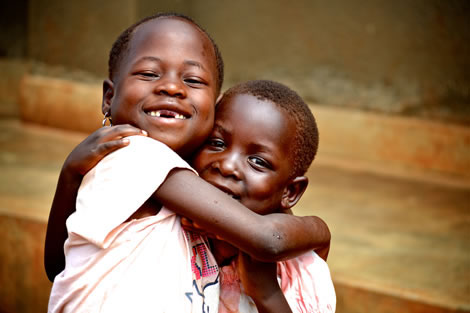
Bringing Gifts
Most MSTs enjoy bringing items for the children. The children will love anything that you bring. A few suggestions are crafts, pencils, pens, paper, bibles, small toys, stuffed animals, novelty jewelry, coloring books, clothes, etc. We also welcome any donations for the school in Uganda.
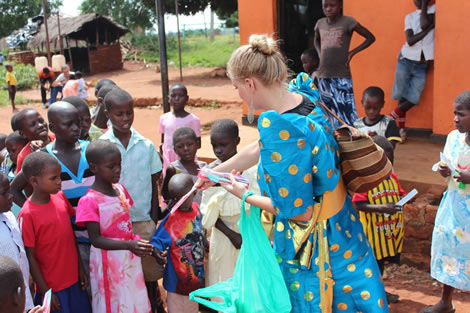
Safety
Safety is always one of our biggest concerns. We take extra precautions to ensure that our volunteers and staff are safe. The premises where the volunteers stay is fenced in and a guard is on duty throughout the nights. Although we have never had issues with safety in the past, we want to make sure that everyone feels safe.
Kampala, Uganda is known as being one of the safest cities in Africa. Rarely does theft happen in the center of town. But like any other city, be conscious of your surroundings and don’t flash any valuables around.
Nairobi, Kenya does not have a very good reputation as far as safety is concerned. Be cautious with all valuables whenever you travel and only carry what is necessary every day.
As long as you are cautious, are not moving alone or at night, and are keeping a close eye on all valuables, you should be OK. All volunteers should be sensible with their decisions and maintain a buddy system at all times.
